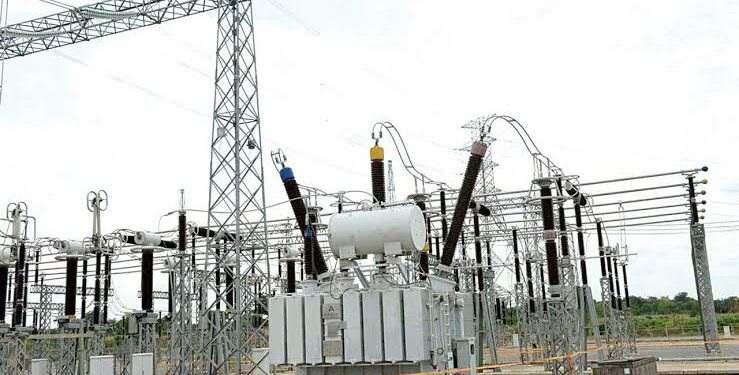The Federal Government’s unpaid subsidy to electricity distribution companies has risen to ₦982.4 billion as of May 2025, showing a ₦5.3 billion increase or 2.7% in just five months. This development points to growing financial stress in Nigeria’s power sector and raises fresh questions about the long-term viability of the government’s subsidy policy.
According to figures from the Nigerian Electricity Regulatory Commission’s (NERC) Multi-Year Tariff Orders (MYTO), the federal government’s power subsidy stood at ₦196.44 billion in January. It dropped slightly to ₦193.09 billion in February and ₦192.7 billion in March, before increasing to ₦198.42 billion in April and hitting ₦201.75 billion in May 2025.
This upward trend in monthly subsidy is largely driven by the rising cost of power generation and the continued volatility of Nigeria’s foreign exchange rates. The May MYTO revealed that the government is still paying nearly half of the cost-reflective tariff for electricity consumed by customers on Bands B to E. While customers on Band A pay over ₦210 per kilowatt-hour, the average price for other customers remains around ₦118/kWh.
Distribution companies (Discos) are receiving different levels of subsidy based on customer distribution. For instance, Ibadan Electricity Distribution Company is expected to get ₦24.59 billion in May, up from ₦24.29 billion in April. Abuja Disco’s subsidy rose from ₦28.64 billion to ₦28.99 billion within the same period. Other disbursements include ₦23.45 billion for Eko Disco, ₦27.85 billion for Ikeja, and ₦14.94 billion for Port Harcourt Disco.
Additional subsidy allocations are: Jos Disco (₦12.81bn), Yola Disco (₦8.05bn), Benin Disco (₦16.11bn), Enugu Disco (₦15.69bn), Kano Disco (₦14.43bn), and Kaduna Disco (₦14.79bn).
This subsidy burden comes at a time when Nigeria’s power sector is already grappling with serious liquidity problems. The Senate Committee on Power recently raised alarm over the estimated ₦200 billion in monthly tariff shortfalls and unpaid debts to power-generating companies (GenCos), which now stand at over ₦4 trillion.
Despite promises by the Minister of Power, Adebayo Adelabu, to settle the debt, there has been no movement on the government’s part. Adelabu had proposed a meeting with President Bola Tinubu and GenCos to urgently address the issue, which includes ₦2 trillion owed for power generated in 2024 and ₦1.9 trillion in legacy debts.
Adelabu’s Special Adviser on Strategic Communications and Media Relations, Bolaji Tunji, earlier stated that the government had agreed to pay a significant portion of the debt in cash and clear the rest using promissory notes over the next six months.
“There is a need to pay a substantial amount of the debt in cash. At the minimum, let us pay a substantial amount, then ask for debt instruments in promissory notes to pay the rest,” Adelabu said in April after meeting with the GenCos.
However, three weeks later, the government has not scheduled the promised meeting nor made any payment. Sources close to the negotiations confirmed that no date had been fixed and the parties are still waiting for communication from the presidency.
A source who preferred not to be named said, “We have not met. We are still waiting for the date. Even after the promise, nothing has been paid. We’ve been discussing this issue since 2023, and all we have gotten is that the payment will be made very soon. Two years after is still very soon.”
Tinubu’s planned trip to Lagos ahead of the Eid holidays is expected to delay the proposed meeting further.
With no payments made since the start of 2025, industry players are warning that the continued accumulation of debt may cripple power generation and supply nationwide. The current structure, where the government continues to cover over 40% of electricity costs for millions of Nigerians, appears increasingly unsustainable without urgent reforms.
